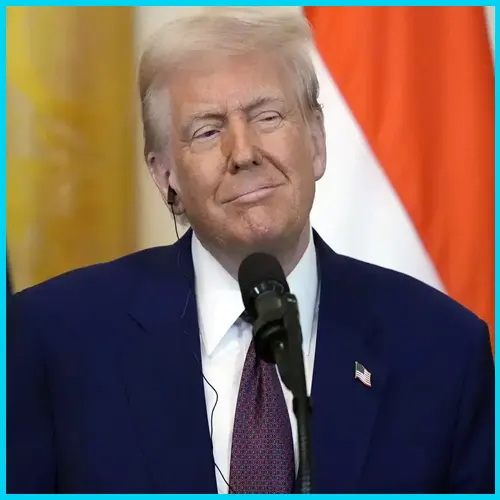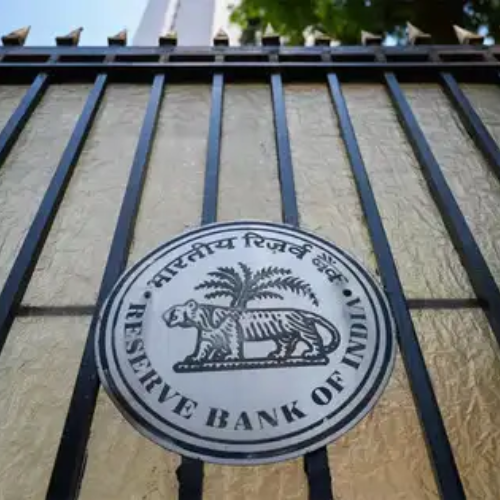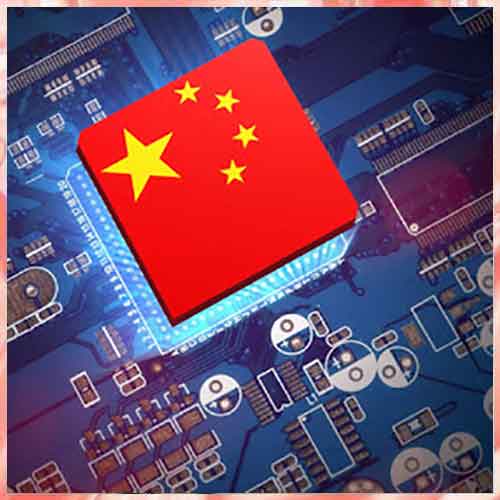
Taiwan’s TSMC surged nearly 5%, while South Korea’s Samsung Electronics and SK Hynix recovered from early losses to close higher, boosted by Trump’s statement that chipmakers investing in U.S. manufacturing would be exempt from full tariffs
U.S. President Donald Trump sent shockwaves through global markets on Wednesday (August 6) by proposing a sweeping 100% tariff on imported semiconductor chips. Despite initial turmoil, major chip stocks closed higher as investors responded to signals that firms with U.S. manufacturing operations may be exempt.
Taiwan’s TSMC led the rally, closing up nearly 5%, while South Korea’s Samsung Electronics and SK Hynix also reversed early losses to end the day in positive territory. The rebound followed Trump’s remarks that chipmakers investing in the U.S. would avoid the full impact of the proposed tariffs.
“There will be no charge if you're building in the United States or have committed to build here,” Trump said during a press conference, where Apple also revealed a $100 billion investment in U.S. infrastructure. The White House, however, has yet to disclose the timeline or full details of the tariff rollout.
Officials in Taiwan and South Korea later confirmed that their chipmakers, which have existing or planned facilities in the U.S., would likely be spared from the maximum tariff rate.
The U.S. stock market responded positively, with the Nasdaq 100 climbing 1.3%, the S&P 500 up 0.7%, and Apple shares jumping over 5%.
Tariff strategy sparks cautious optimism
Analysts interpreted the announcement as part of Trump’s signature negotiation strategy — starting with aggressive proposals before scaling back. “This appears to be a classic case of opening high, then negotiating down,” said Phelix Lee, senior analyst at Morningstar.
Some experts caution that a blanket 100% tariff on chips could be damaging to the U.S. tech sector, given its heavy reliance on imported semiconductors. “Such a move could be self-defeating,” noted Vishnu Varathan of Mizuho Bank, “as domestic production remains limited compared to global demand.”
The broader geopolitical context also looms large. Trump told CNBC earlier this week that the U.S. is nearing a fresh trade agreement with China, hinting at ongoing diplomatic efforts behind the scenes.
As trade tensions evolve, markets appear to be navigating uncertainty with cautious optimism — buoyed, for now, by signs that worst-case scenarios may be avoided.See What’s Next in Tech With the Fast Forward Newsletter
Tweets From @varindiamag
Nothing to see here - yet
When they Tweet, their Tweets will show up here.





























